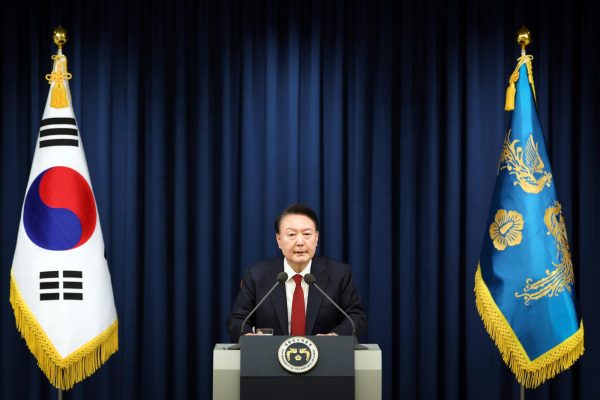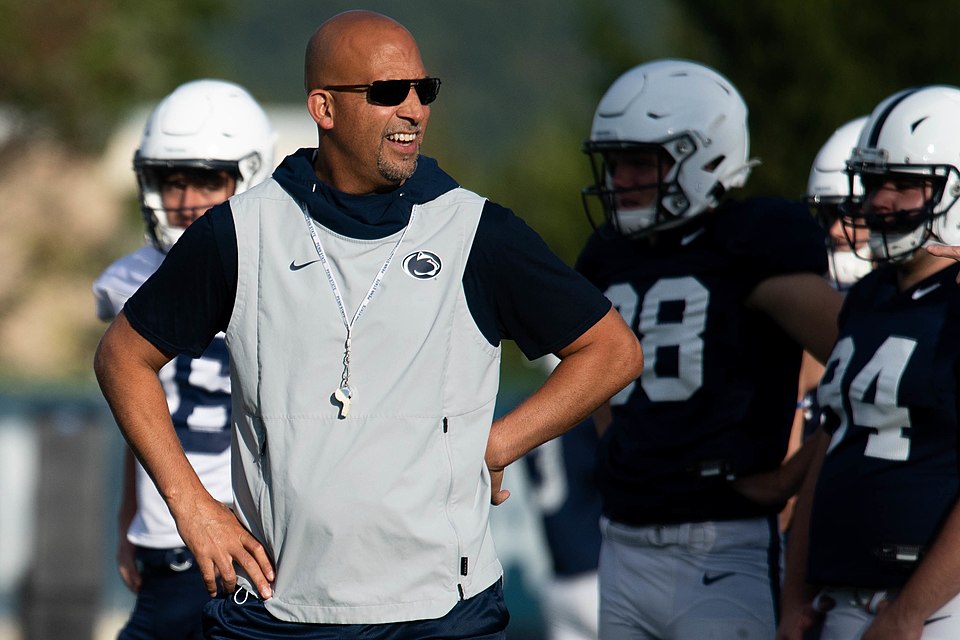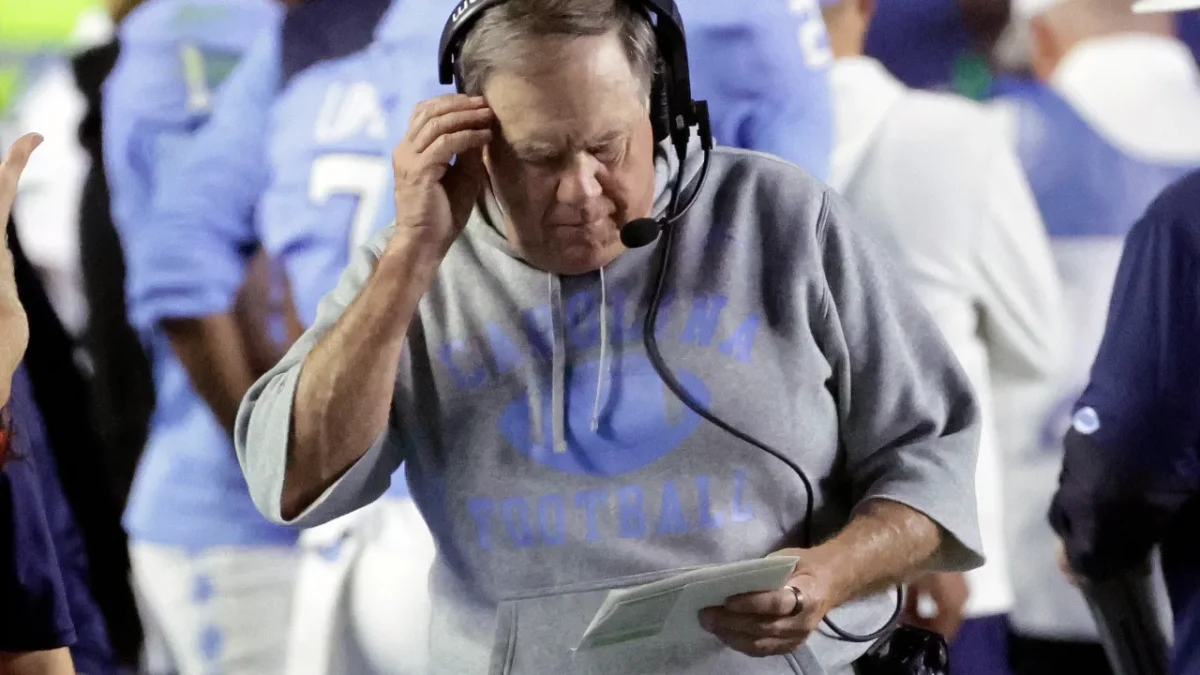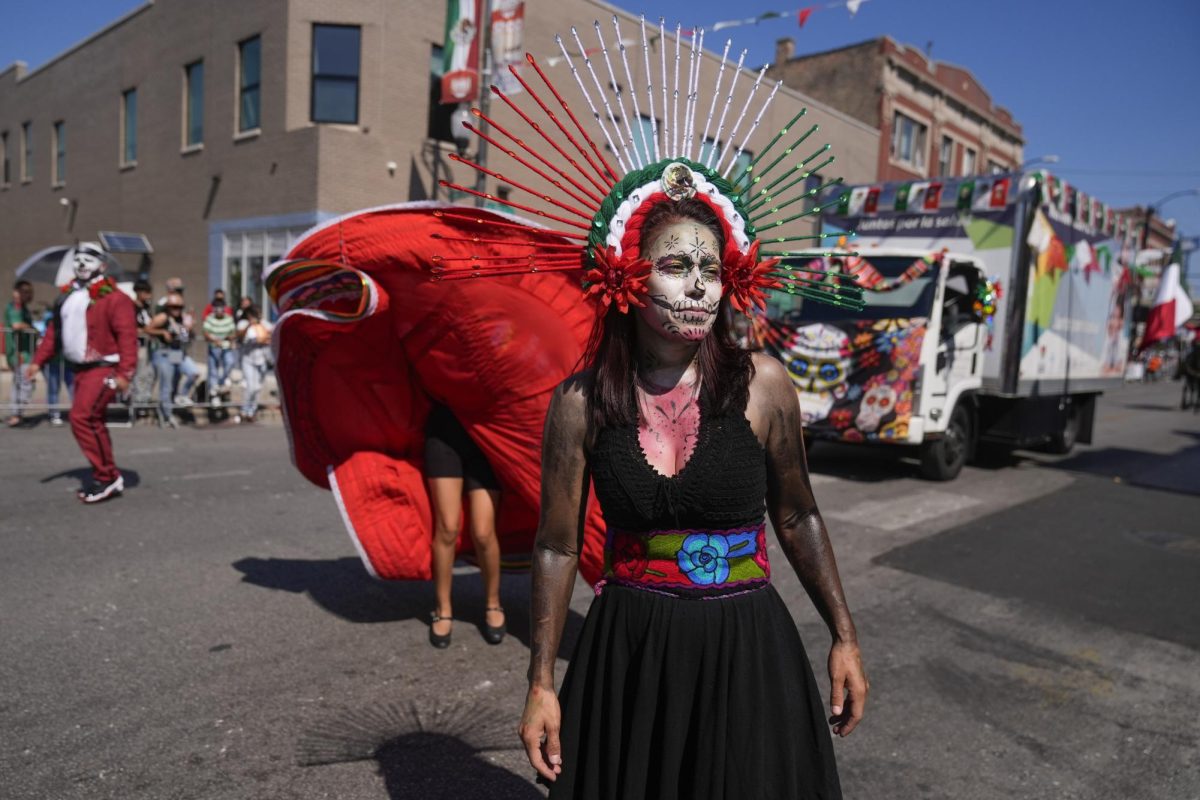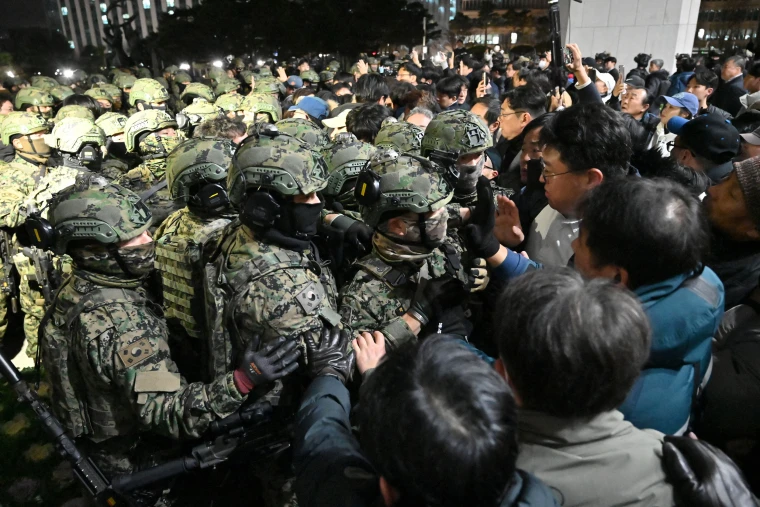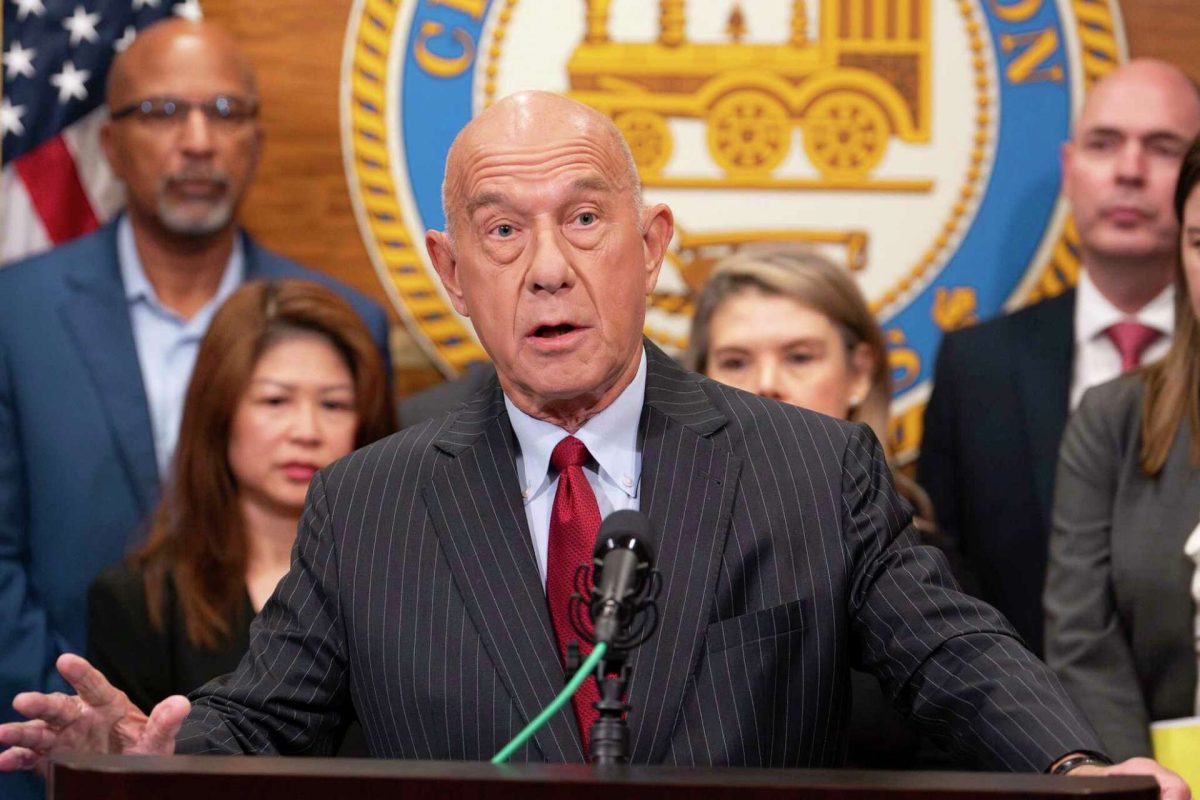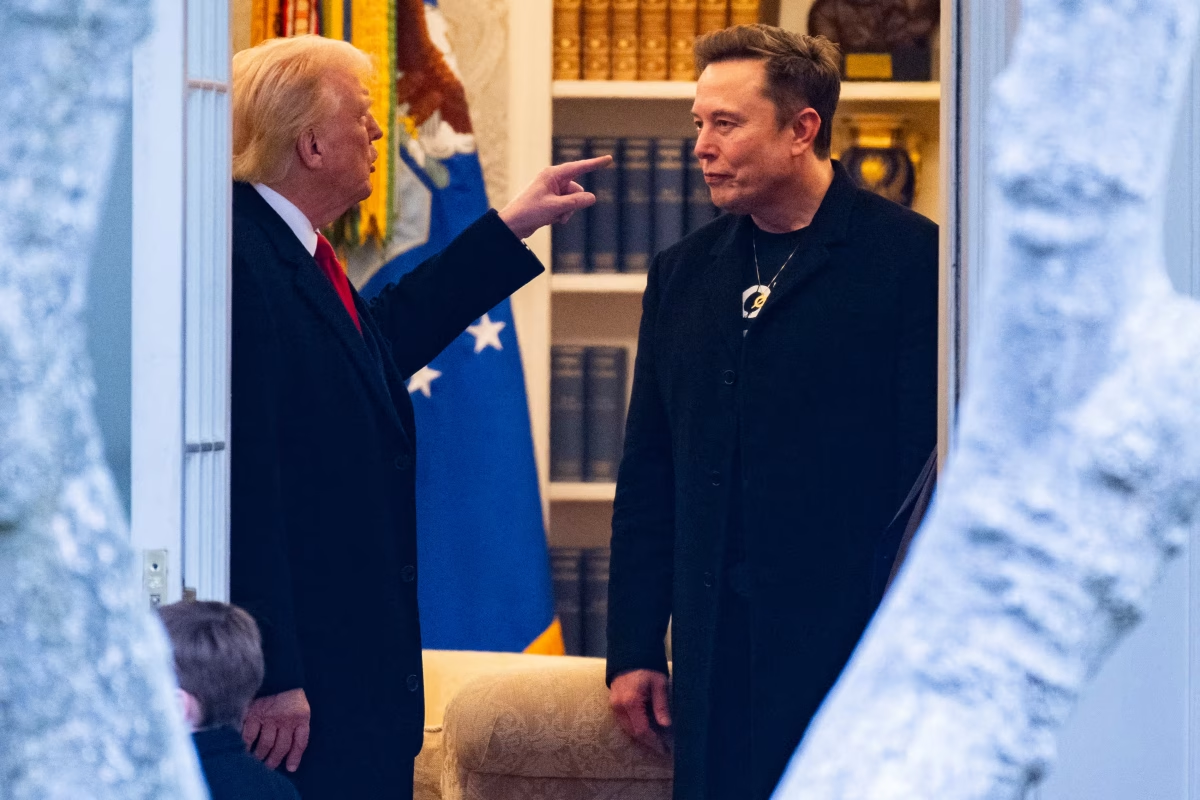South Korea’s parliament moves to impeach President Yoon Suk Yeol, after a shocking move where he briefly declared martial law.
On Tuesday night, President Yoon addressed the nation and said he was imposing martial law to protect the country from parties sympathizing with North Korean communist forces and to eliminate “anti-state” elements, according to The Associated Press.
The decision was met with outrage and criticism from citizens. Hundreds of protesters gathered in front of the National Assembly, where they voiced their anger over Yoon’s declaration, demanding he resign.
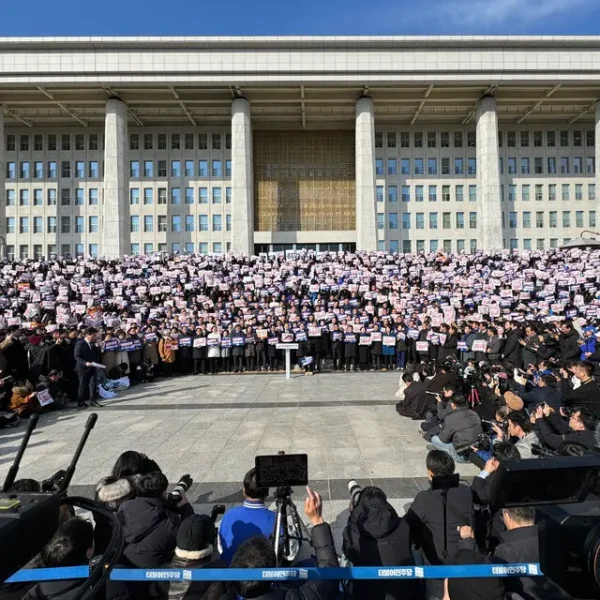
Armed troops followed by army helicopters were sent to blockade the National Assembly to prevent lawmakers from entering. Fighting through the blockade, climbing fences, and squeezing through armed forces, 190 out of 300 total lawmakers were able to break through. Six hours after the declaration, they unanimously voted to end martial law, which included 18 lawmakers from Yoon’s own party.
Early Wednesday, Yoon made another appearance, rescinding his martial law declaration.
An impeachment motion was made hours later, for which the vote could be held as early as Friday, opposition Democratic Party lawmaker Kim Yong-min said.
The opposition party currently has a control of the South Korean parliament, and impeachment requires a two-thirds vote. Only eight outside votes are needed to successfully impeach Yoon. If it passes, then it will move to South Korea’s Constitutional Court, which will rule to confirm or reject the impeachment.
Yoon’s office has maintained his declaration for martial law was constitutional. His chief of staff and all senior presidential secretaries have resigned, as well as Defense Minister Kim Yong-hyun.
According to The Guardian, The Chosun Ilbo newspaper, usually sympathtic to Yoon’s party, called his actions “national embarrassment”.
“We are a strong democracy…But Korean people want to be safe – President Yoon must resign or be impeached,” Yang Bu-nam, a Democratic Party politician, told the BBC.
